
|
Jersey. Channel Islands, Great Britain / New Zealand
|
|
About Jersey |
|
Troy family history |
|
My family |
|
Our home |
|
Our horses & animals |
|
Morris Minors & Vmax |
|
E.Troy Ltd |
|
The occupation years |
|
Shuttlers Badminton |
|
Interesting snippets |
|
Contact us |
|
What's New |
|
Links |
|
Guest book comments |

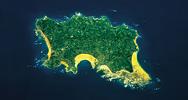
|
©Troy Family publications 2001-25 All rights reserved
|
|
Updated every 3 months. Last update Nov 2025
|
|
Jersey |
|
November 25 |
|
Website administrator Maurice R. Troy |
|
If you have any comments you would like to add about anything on this website please contact the website administrator.
maurice@troyfamily.co.uk |
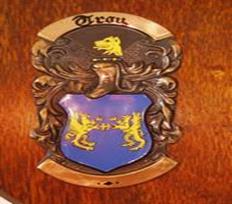

|
Website administrator Maurice R. Troy |


|
Edward Troy 1860-1924 Sarah Troy 1862-1925 |

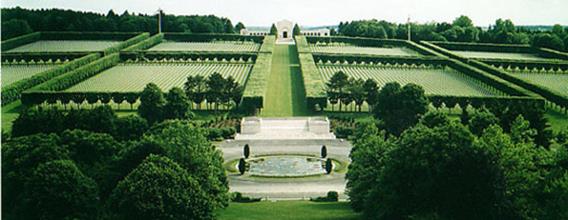
Carl Kevin TroyMcAlester, OklahomaBorn April 17, 1930Private First Class, U.S. Army Private First Class Troy was a squad leader with Company E, 2nd Battalion, 17th Infantry Regiment, 7th Infantry Division. On February 18, 1952, he was leading his squad in an attack on a heavily fortified enemy position on "Heartbreak Ridge" in North Korea, when he fell and injured his leg. He refused evacuation and continued the charge until he was killed by small arms fire. For his leadership and valor, Private First Class Troy was awarded the Silver Star, the Purple Heart, the Combat Infantryman's Badge, the Korean Service Medal, the United Nations Service Medal, the National Defense Service Medal, the Korean Presidential Unit Citation and the Republic of Korea War Service Medal.
~~~~
George Francis Troy
Queens, New YorkBorn 1931 Corporal, U.S. Army Corporal Troy was a member of the 23rd Infantry Regiment, 2nd Infantry Division. He was Killed in Action while fighting the enemy in North Korea on December 11, 1950. Corporal Troy was awarded the Purple Heart, the Combat Infantryman's Badge, the Korean Service Medal, the United Nations Service Medal, the National Defense Service Medal, the Korean Presidential Unit Citation and the Republic of Korea War Service Medal.
~~~
Joel James Troy Memphis, TennesseeBorn 1930 Corporal, U.S. Army Corporal Troy was a member of Battery C, 196th Field Artillery Battalion, X Corps. He was Killed in Action while fighting the enemy near Kajon-ni, North Korea on September 23, 1951. Corporal Troy was awarded the Purple Heart, the Korean Service Medal, the United Nations Service Medal, the National Defense Service Medal, the Korean Presidential Unit Citation and the Republic of Korea War Service Medal.
~~~
Joseph W. Troy Merrimack, New HampshireBorn 1927 Private, U.S. Army Private Troy was a medic with the Medical Company, 15th Infantry Regiment, 3rd Infantry Division. He was Killed in Action while tending his wounded comrades in North Korea on June 10, 1953. Private Troy was awarded the Purple Heart, the Combat Medical Badge, the Korean Service Medal, the United Nations Service Medal, the National Defense Service Medal, the Korean Presidential Unit Citation and the Republic of Korea War Service Medal.
~~~
Lawrence E. Troy Luzerne, PennsylvaniaBorn 1930 Private First Class, U.S. Army Private First Class Troy was a member of the 34th Infantry Regiment, 24th Infantry Division. He was Killed in Action while fighting the enemy in South Korea on August 18, 1950. Private First Class Troy was awarded the Purple Heart, the Combat Infantryman's Badge, the Korean Service Medal, the United Nations Service Medal, the National Defense Service Medal, the Korean Presidential Unit Citation and the Republic of Korea War Service Medal.
~~~~ |
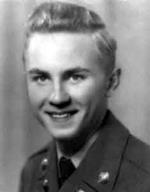
|
Joel James Troy. |
|
"When it comes time to die, be not like those whose hearts are filled with the fear of death, so when their time comes they weep and pray for a little more time to live their lives over again in a different way. Sing your death song, and die like a hero going home."
Quote from:
Chief Aupumut, Mohican. 1725 |
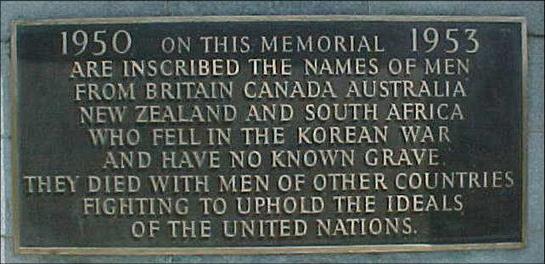
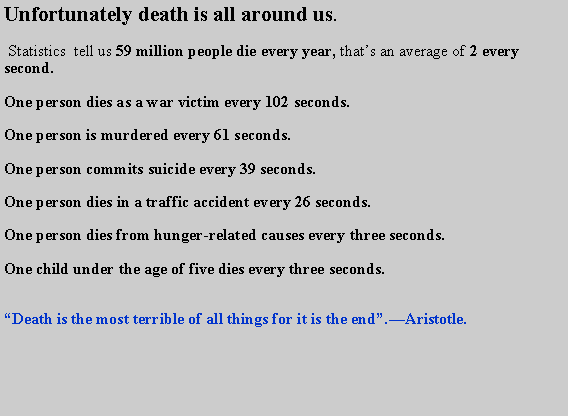

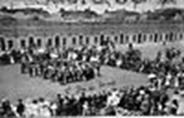
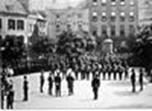

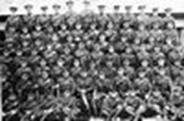

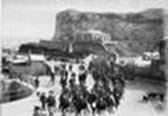
|
76 young men of the 2nd Battalion of the Jersey Militia. |
|
Last view of Jersey before boarding the steamer watched by well wishers. |
|
Band playing at Jersey’s Fort Regent |
|
Led by bandsmen with drums the 1st Devonshire's descend from Mount Bingham and march to the Victoria pier in 1914 |
|
A parade in the Royal Square St Helier about 1910 to award medals |
|
The 2nd Battalion ,Kings Own Royal Regiment on a Coronation parade at Fort Regent 1910 |
|
Jersey Militia in 1917 preparing with their machine guns. |
|
Some World War 1 photos taken in Jersey |
|
When the power of love overcomes the love of power, we shall have peace. |
|
Facts about Gallipoli in WW1
Far more British soldiers fought on the Gallipoli peninsula than Australians and New Zealanders put together.
The UK lost four or five times as many men in the brutal campaign as her imperial Anzac contingents. The French also lost more men than the Australians.
The Aussies and Kiwis commemorate Gallipoli ardently, and understandably so, as their casualties do represent terrible losses both as a proportion of their forces committed and of their small populations. |
|
The longer you can look back the further you can look forward. Sir Winston Churchill |